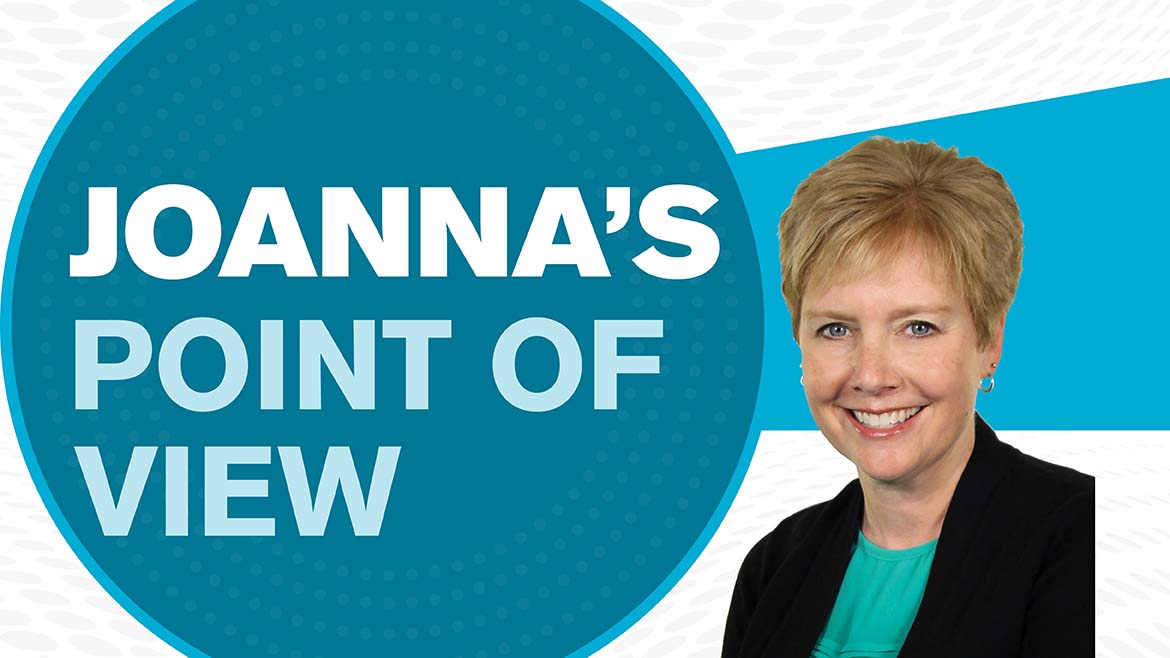The first quarter of every year is packed with HVACR conventions, meetings, and other industry-specific events. Unfortunately, this timeframe also coincides with flu season, and this year, we had to contend with the coronavirus as well, which made travel a dicey proposition.
This unfortunate reality was recognized by many industry groups that were hosting events this spring, most of which were canceled. Outside the HVACR industry, everything else ground to a halt, too, including concerts, sporting events, and even church services.
This makes me wonder whether it’s time to rethink the existing model of physical conferences, and perhaps look to technology to provide a virtual meeting experience instead. Don’t get me wrong, I love to attend industry events. I love talking with people face-to-face and looking at products and equipment that I may not otherwise see. I also love traveling to destinations that I may not otherwise visit. However, attending these events can be expensive and time consuming, and I have returned home sick on more than one occasion. I think there could be many benefits to being able to access a meeting or convention from the comfort and convenience of a home or office.
A conference would not even have to be fully virtual; the physical event could still take place (perhaps on a smaller scale), but it would be nice to give individuals the option to attend remotely. This should be relatively easy to do, especially for conferences that include educational sessions or keynote speeches, many of which are videotaped anyway. For these, virtual attendees could pay a registration fee and tune in while the session is being conducted (and possibly even participate in a live Q&A) or access the archives later to watch at their convenience. Many organizations already offer this type of remote setup for webcasts.
It would undoubtedly be trickier for events that have exhibitors. For this, a possible option would be to have a virtual floorplan, where remote attendees could click on a “booth” in order to take a video tour -- similar to what realtors use to sell houses online. A chat option could be available, so company representatives could either respond immediately, or at their convenience. This could potentially be a positive for exhibitors, who could collect email addresses of virtual attendees and add them to their marketing databases.
These booths could be physically located at an event, or exhibitors, too, could choose to participate remotely, by creating virtual booths from their company locations and “staffing” them with representatives during regular conference times. This would also eliminate the costs associated with shipping all those enormous chillers and rooftop units to an event halfway across the country.
As for networking, which is another benefit of attending physical conferences, each event could set up a virtual chat room for remote attendees to “mingle” with each other, as well as with those attending the event in person. Many companies have already created these “virtual breakrooms” through Slack or Microsoft Teams, so again, it seems like it should not be that difficult to do. To create more of a personal connection, virtual reality headsets could potentially be used one day to offer more of a face-to-face experience.
I guess I’m not the only one thinking about this topic, because as I was finishing this editorial, I received an email from the Building Performance Association (BPA), which announced it was holding a virtual conference instead of a physical one. According to the email, “The virtual conference will include our regular offerings, including both live and recorded sessions, interactive Q&As with presenters and ‘office hour’ interactions, town hall-style meetings, virtual happy hour and informal ‘chat’ sessions, and discussion forums.”
What a wonderful idea! So if there is a silver lining to this whole situation, perhaps the coronavirus will push the HVACR industry towards exploring technologies that will allow networking and sharing information on a large scale, without having to risk illness in order to do so.
Want more HVAC industry news and information? Join The NEWS on Facebook, Twitter, and LinkedIn today!



Report Abusive Comment